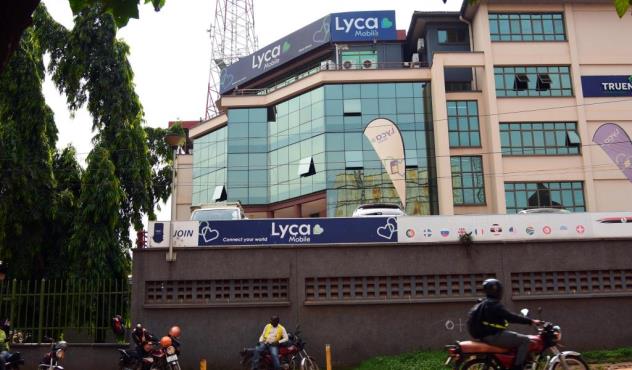According to a survey conducted by African Youth Development Link, three out of 10 girls cannot afford menstrual hygiene supplies in Uganda.
The survey titled mapping of menstrual hygiene management was conducted between October and November 2020. This was in 14 subregions of Uganda, namely; Ankole, Rwenzori, Buganda, Karamoja, Acholi, Teso, Bukedi, Kigezi and Lango among others.
According to AYDL, menstruation affects more than 70% of adolescent girls while in school.
Patrick Ojulong estimated that 3.7million school girls live without access to proper sanitary care.
Prosper Mubangizi independent consultant recommends that the Ministry of Education and sports provides sanitary towels at primary schools through capitation grants in universal primary education and universal secondary education
“Menstrual health and hygiene management is a largely overlooked issue in the water, sanitation and hygiene sector. Every day, millions of menstruating girls and women in low-income countries struggle to find clean water for washing, private places for changing and adequate blood absorbing materials,” Mubangizi said.
He however says Uganda has ratified several international and regional conventions and treaties that recognise and provide access to water and sanitation as a human right.
“Many girls and women in Uganda especially those living in the poverty-stricken urban and rural neighbourhood do not have access to appropriate information. Menstrual health management facilities and products that are not only effective but also affordable and safe,” Mubangizi explained.
Menstrual Hygiene is vital to the empowerment and well-being of women and girls worldwide.
CSOs also noted that women and adolescent girls are using clean menstrual management materials to absorb or collect blood. They can change this in privacy as often as necessary for the duration of the menstruation period, using soap and water for washing the body as required and having access to facilities to dispose of used menstrual management materials.
Globally, at least 500 million women and girls lack proper access to menstrual hygiene facilities. Several factors influence difficult experiences with menstruation. They include inadequate facilities and materials, menstrual pain, fear of disclosure, and inadequate knowledge about the menstrual cycle.
Check also;
- No One Can Impose Taxes On Bank Withdrawals Without Parliament Approval, Bahati
- Government May Soon Tax Your Cash Withdrawals From Banks
- Businessman Bitature Denies Evading Taxes, To Sue Daily Monitor
Please use the button below to contribute to Newslex Point, Inc. using a credit card or via PayPal.

 Newslex Point News in Uganda, Uganda news
Newslex Point News in Uganda, Uganda news












